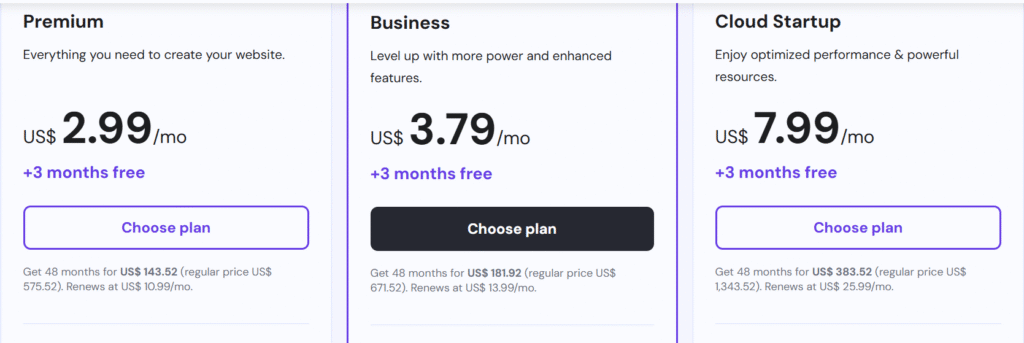How to Choose the Perfect Hosting Plan: A Complete Guide
Choosing the perfect hosting plan is one of the most important decisions you’ll make when building a website. Whether you’re starting a blog, launching an online store, or creating a portfolio, your hosting service directly affects your site’s speed, security, and reliability.
This complete guide will help you understand your options and confidently select the hosting plan that’s right for you.
What Is Web Hosting?
Web hosting is a service that stores your website’s files and makes them accessible to users online. Without hosting, your site can’t exist on the internet.
Why Choosing the Right Hosting Plan Matters
The wrong hosting plan can result in:
-
Slow website speeds
-
Frequent downtimes
-
Security risks
-
Limited scalability
-
Poor customer support
The perfect hosting plan ensures fast loading times, strong security, and room to grow.

Types of Web Hosting Explained
Before you choose a hosting plan, it’s important to understand the main types available:
1. Shared Hosting
-
Cheapest option
-
Slower performance during traffic spikes
-
Ideal for: Beginners, small blogs, low-traffic sites
2. VPS (Virtual Private Server) Hosting
-
Better performance & control
-
More expensive than shared hosting
-
Ideal for: Medium-sized businesses, developers
3. Cloud Hosting
-
Scalable and highly reliable
-
Can get costly with growth
-
Ideal for: Growing websites with unpredictable traffic
4. Dedicated Hosting
-
Full control and high performance
-
Most expensive
-
Ideal for: Large businesses with high traffic
5. Managed WordPress Hosting
-
Optimized for WordPress, automatic updates
-
Higher cost than shared hosting
-
Ideal for: WordPress users who want simplicity
How to Choose the Perfect Hosting Plan
Follow these steps to match your needs with the right hosting solution:
1. Determine Your Website Type
Are you launching a:
-
Blog?
-
Business website?
-
E-commerce store?
-
Portfolio?
Different types of sites require different resources.
2. Estimate Your Traffic
Low traffic = shared hosting
Medium traffic = VPS or cloud hosting
High traffic = dedicated or managed hosting
3. Set Your Budget
Know how much you’re willing to spend monthly. Don’t forget to check:
-
Renewal pricing
-
Hidden fees
-
Add-ons (SSL, email, backups)
4. Check Key Features
Look for:
-
Free SSL certificate
-
Storage and bandwidth limits
-
Uptime guarantee (99.9% or higher)
-
24/7 customer support
-
One-click CMS installation
5. Look at Scalability
Can the hosting grow with your website? It’s better to choose a plan that can be upgraded easily.
6. Read Reviews & Support Quality
A reliable support team can save your website in critical moments. Look for companies with live chat or fast ticket response.
Shared vs VPS vs Cloud: Quick Comparison
| Feature | Shared Hosting | VPS Hosting | Cloud Hosting |
|---|---|---|---|
| Cost | Low | Medium | Flexible |
| Performance | Basic | High | Very High |
| Control | Limited | Full | Moderate |
| Scalability | Low | Moderate | High |
| Best For | Beginners | Developers | Growing sites |
Tips for First-Time Buyers
-
Start small and upgrade as needed.
-
Choose a hosting company with a strong reputation.
-
Avoid free hosting if you’re serious about your website.
-
Always back up your site—even if the host offers backups.
Final Thoughts
Choosing the perfect hosting plan doesn’t have to be difficult. With a clear understanding of your website’s needs, traffic expectations, and budget, you can confidently pick the right hosting solution to support your online goals.
Your website deserves a fast, secure, and reliable foundation. Take your time, compare features, and make a decision that gives you peace of mind and long-term value.

[…] Read more: How to Choose the Perfect Hosting Plan: A Complete Guide […]